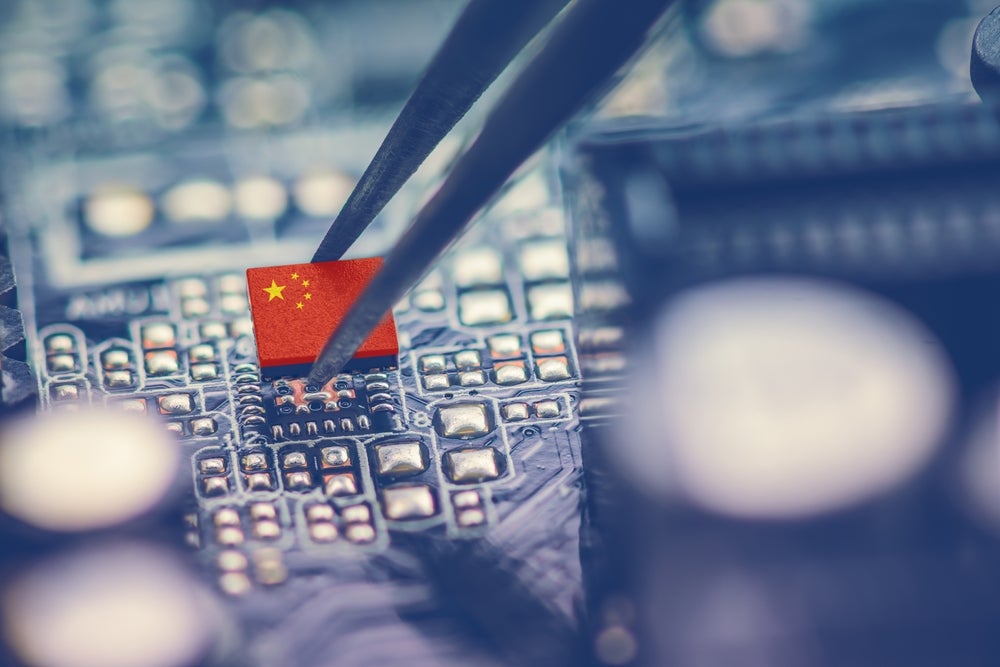
If you ask some commentators, China has already taken a lead over the US in the Fourth Industrial Revolution.
People like Nicolas Chaillan, the former United States Air Force’s first chief software officer, have warned that the States is losing its dominant position in the tech war with China, warning that Beijing has leveraged its wealth of data and the surveillance state to gain artificial intelligence supremacy.

Access deeper industry intelligence
Experience unmatched clarity with a single platform that combines unique data, AI, and human expertise.
However, in a new podcast from research firm GlobalData, analysts suggest that four factors can still determine whether or not China will remain ahead of the US and A in the Fourth Industrial Revolution.
Speaking ahead of the company’s upcoming webinar on the topic, analyst Daniel Clarke said that China faces several challenges to win the clash of the superpowers, starting with the three Ds: debt, deglobalisation and demographics.
He noted that the Chinese economy is weighed down by growing debt, which “isn’t inherently a bad thing, but debt can’t grow faster than the economy forever and there is a lot of concerns regarding the sustainability of debt”.
The rise of international conflicts
The deglobalisation of the world has, arguably, resulted in a growing number of conflicts across the planet.

US Tariffs are shifting - will you react or anticipate?
Don’t let policy changes catch you off guard. Stay proactive with real-time data and expert analysis.
By GlobalData“The Russia-Ukraine war has taken geopolitics from a sidelined topic to something that is discussed in boardrooms across the world,” he said.
“Naturally, this has meant that a lot of CEOs are taking into account the potential reverberations of a potential invasion of Taiwan by China. For these reasons and for many others, some companies are considering or actually moving away from China.”
Although, he added that he believed the scale of this is often “over-exaggerated by some commentators”
When it comes to demographics, Clarke argued that changes in population growth can have a transformative impact on countries and their economies over the course of several decades.
While China has tried to incentivise more births, that hasn’t been working. He notes that birth rates fell between 2019 and 2021 with many provinces seeing a decline of over 30%, Clarke said.
That’s apart from short-term issues like Covid-19, which continue to hobble the country.
Why semiconductors are so important for the Fourth Industrial Revolution to take place in China
One of the pivotal frontiers of the trade war between Washington and Beijing is fought over semiconductors.
These chips are the backbone of the Fourth Industrial Revolution as they power many everything from computers to missiles, which is why it is hardly surprising that the US and China are at odds about it.
“The US-China trade war is heating up with the US imposing a technology blockage [towards] China,” Clarke said.
“And this is mostly centred around semiconductors. So the US is trying to stop semiconductor firms on the US mainland as well as many others in Europe, Japan and South Korea, trying to stop them from selling to China.”
Clarke said that China has answered to the US’ attempts to “kneecap” the country’s technology push by trying to become self-sufficient when it comes to semiconductors, which is “an enormous task and only time will tell how they get on with that.”
GlobalData is the parent company of Verdict and its sister publications.






